Many brands use durable tea bags, but concerns about their environmental and health impacts are growing.
Plastic-based tea bags often contain microplastics that don't decompose, polluting the environment. When exposed to hot water, they may also release microplastics into the tea, raising health concerns. Sustainable alternatives are needed.
Well, here comes a teabag that is both eco-friendly and safe for our bodies.
Meet the New Japanese Environmentally-friendly Tea Bag Invention – Soilon (ソイロン).
Soilon is what Japanese Green Tea Co. uses for all the teabags.
None of Japanese Green Tea Co. uses plastic in its tea bags.
Since we often get questions about what our teabags are, we decided to write this article.
Read on to learn about this new Japanese invention that Japanese Green Tea Co. uses.
What is Soilon Teabag?
Lets`s take a moment to inquire further about what makes "Soilon nonwoven fabric" different from the teabags; Soilon is a trademark name registered by Yamanaka Industry Company.
The general idea is that Soilon nowoven fabric is not only aimed at consumers who want to throw their tea bags in the garden or their organic waste bin but is now made for their health.
Soilon tea bags are organic and eco-friendly. These are now being used abroad and are popular with tea masters and manufacturers.
How Soilon Teabags Sustain the Ecosystem
Soilon teabags are compostable as they are made from plant-based starches, like cornstarch, which are polymerized to form the material.
When buried in soil, microorganisms decompose the teabag through hydrolysis, breaking it down completely into water and CO2.
Additionally, Soilon emits fewer harmful gases compared to plastics when burned and does not release toxins like dioxins, making it an environmentally friendly choice.
Soilon Teabags: A Biodegradable and Eco-Friendly Choice
Soilon nonwoven fabric teabags are more expensive than traditional options but are biodegradable, breaking down naturally with the help of microorganisms in your garden or compost.
If unsure, you can bury a teabag in the soil and check to see if it has decomposed after a few weeks. While safe for consumption, Soilon teabags are increasingly favored by tea drinkers looking for a quick, eco-friendly option.
These teabags come in various shapes, such as square, rectangular, and circular (common with paper filter teabags), while pyramid shapes are typical for Soilon, similar to some silk teabags.
Japanese Green Tea Co. uses pyramid-shaped teabag.
About Pyramid-Shaped Teabags
Why did Japanese Green Tea Co. choose a pyramid-shaped teabag?
Pyramid teabags are better because their unique shape provides more room for tea leaves to expand, allowing for better water circulation and infusion.
This results in a richer, more flavorful cup of tea compared to traditional flat teabags, which can restrict the movement of the tea leaves and limit flavor extraction.
Looking For Tea With a Preferred Tea Bag
When shopping for quality tea, look for packaging that highlights eco-friendly features such as non-plastic, plant-based, compostable, or biodegradable tea bags. Some brands, including us, proudly use Soilon tea bags, a sustainable and environmentally conscious choice.
As passionate tea drinkers, we often consider how to make the most of our leftover tea. The good news is that choosing the right tea bags, like Soilon, makes it easy to contribute to composting or organic waste initiatives.
Tea compost is a natural way to nourish your plants and enhance soil health. By using compostable tea bags, you’re not only enjoying a great cup of tea but also taking a meaningful step toward a greener planet. Together, let’s savor every sip while caring for the environment.
|
Material Type |
Cost |
Extractability
|
Quality of Tea
|
Other |
|
Paper |
Low |
Low |
May be traces of smell from the fabric |
Used widely for its low costs |
|
Gauze Cloth |
Somewhat low |
Somewhat high |
No traces of fabric smell, able to enjoy the natural aroma of tea |
Often used for black tea |
|
Non-Woven Fabric |
Low |
Somewhat high |
May be traces of fabric smell from the polypropylene in the fabric |
|
|
Nylon Mesh |
Somewhat high |
High |
May be traces of fabric smell of the teabag depending on water temperature |
Some environmental burden since it is derived from petroleum |
|
Soilon Mesh |
High |
High |
Lively aroma of the tea is present without any traces of fabric smell from the teabag |
Environmental Friendly with its biodegradable quality |
Get Free Bonus Books

Sign up for free to the Green Tea Club to get advice and exclusive articles about how to choose Japanese Tea, and tips, tricks, and recipes for enjoying Japanese tea.
About the author
Kei Nishida
Author, CEO Dream of Japan
Certification: PMP, BS in Computer Science
Education: Western Washington University
Kei Nishida is a passionate Japanese green tea connoisseur, writer, and the founder and CEO of Japanese Green Tea Co., a Dream of Japan Company.
Driven by a deep desire to share the rich flavors of his homeland, he established the only company that sources premium tea grown in nutrient-rich sugarcane soil—earning multiple Global Tea Champion awards.
Expanding his mission of introducing Japan’s finest to the world, Kei pioneered the launch of the first-ever Sumiyaki charcoal-roasted coffee through Japanese Coffee Co. He also brought the artistry of traditional Japanese craftsmanship to the global market by making katana-style handmade knives—crafted by a renowned katana maker—available outside Japan for the first time through Japanese Knife Co.
Kei’s journey continues as he uncovers and shares Japan’s hidden treasures with the world.
Learn more about Kei
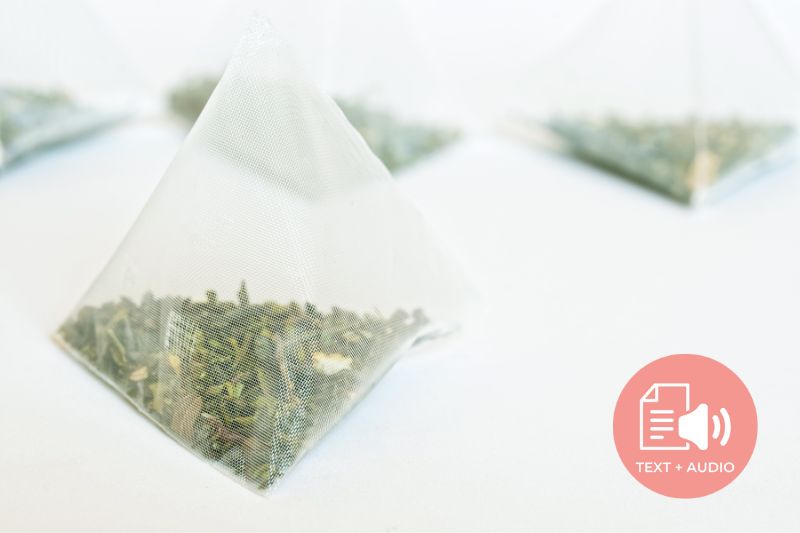
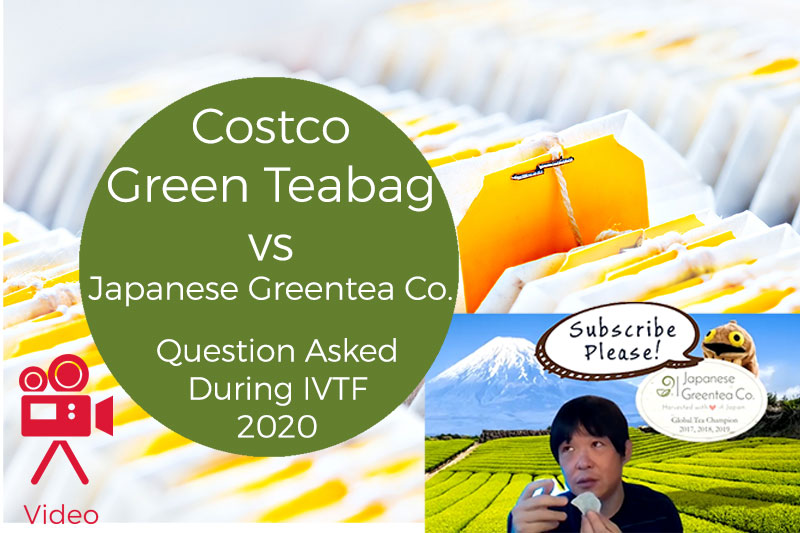


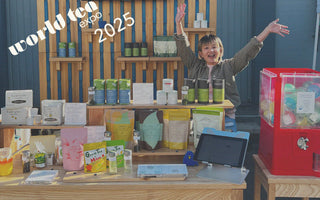
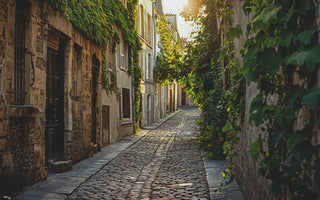
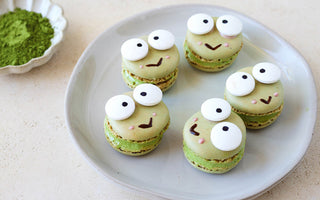
The exploration of tea bag materials and their implications for organic waste disposal is both informative and thought-provoking. The distinction between traditional plastic tea bags and innovative options like Soilon highlights the importance of choosing eco-friendly alternatives. By opting for tea bags that decompose naturally and contribute positively to composting, we can make a tangible difference in reducing our environmental footprint.
The bags we used are not bleached.
Are the tea bags bleached?
Thank you
This is good.
This is a nice blog post!